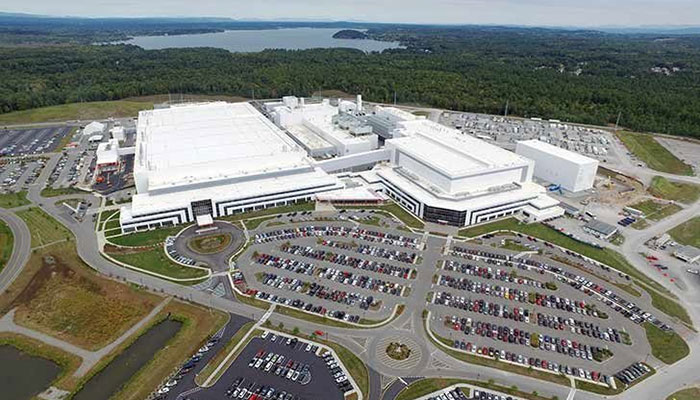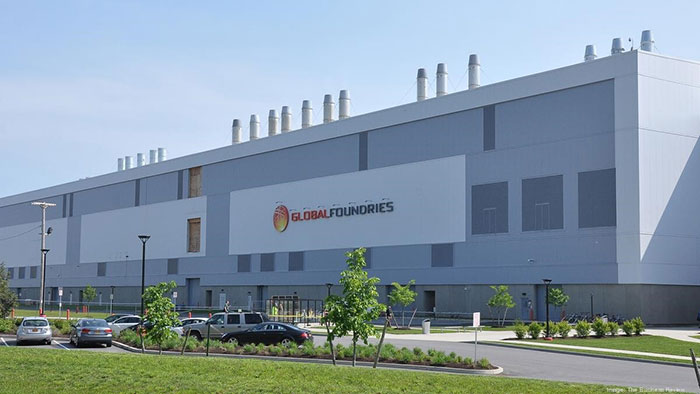Under new CEO Pat Gelsinger, Intel has seemingly become much more ambitious and focussed on technological and manufacturing advances. Much of this strategy change was signposted by Gelsinger and co during the Engineering the Future webcast back in March where IDM 2.0 was outlined, as well as plans to expand capacity significantly in the US, Europe and more.

According to a report published by the Wall Street Journal On Thursday, Intel is currently exploring plans for its biggest acquisition ever. GlobalFoundries is in Intel's sights, with a view to a takeover, in what could be a US$30 billion deal. If this goes ahead, the WSJ says that it would "turbocharge the semiconductor giant's plans to make more chips for other tech companies".
Talks seem to be in an early stage, as the WSJ's "people familiar with the matter" didn't extend to anyone purporting to represent GlobalFoundries. In fact, a spokesperson for GlobalFoundries said that the company isn't in talks with Intel.

Having heard the above it is pretty clear that talks, if they are indeed going on, are at a very early stage and could still easily amount to nothing. Currently, GlobalFoundries is owned by Mubadala Investment, an investment arm of the Abu Dhabi government, but based in the US. Apparently, GlobalFoundries has plans for an IPO to raise investment cash, a factor which could put strain on Intel's purse strings.
Intel, worth approx $225 billion, has already pledged to spend over $20 billion on chipmaking investments in the US, so the $30 billion GlobalFoundries deal would mark a sizable change to that plan, though management might judge it is a worthwhile investment at this time.
GlobalFoundries was most recently in the HEXUS news (just last month) as IBM decided to seek $2.5 billion in damages from the chipmaker, which it said had violated a chip developing and manufacturing contract drawn up way back in 2014.













